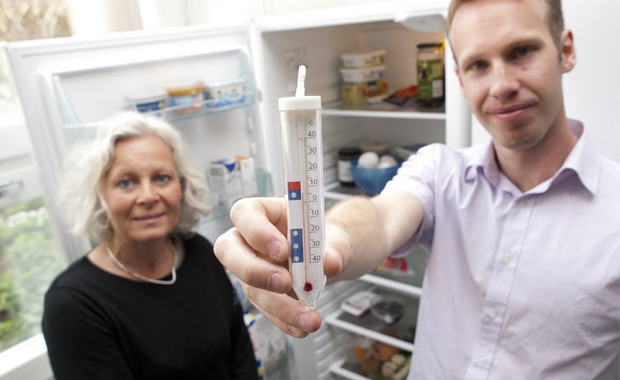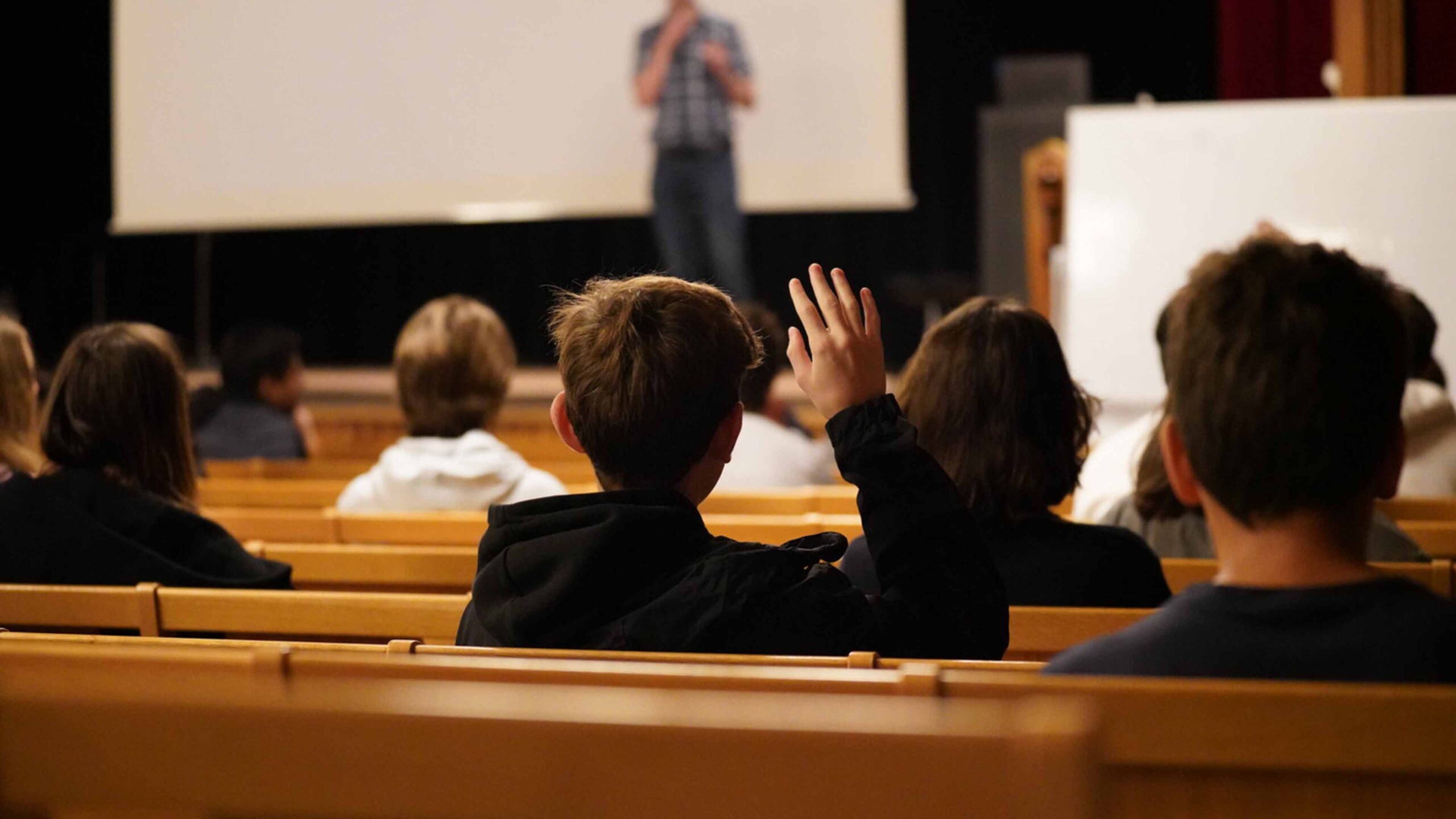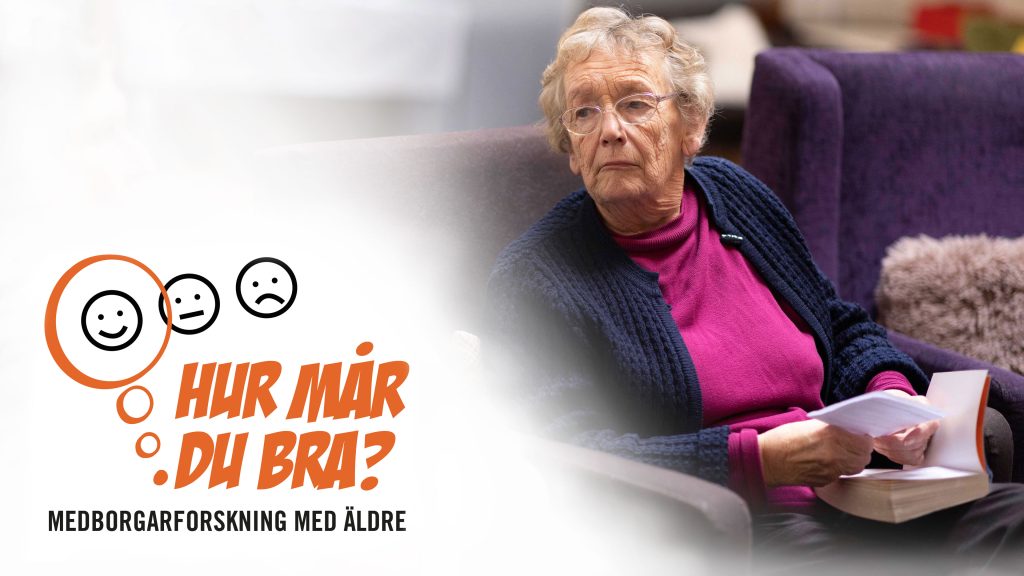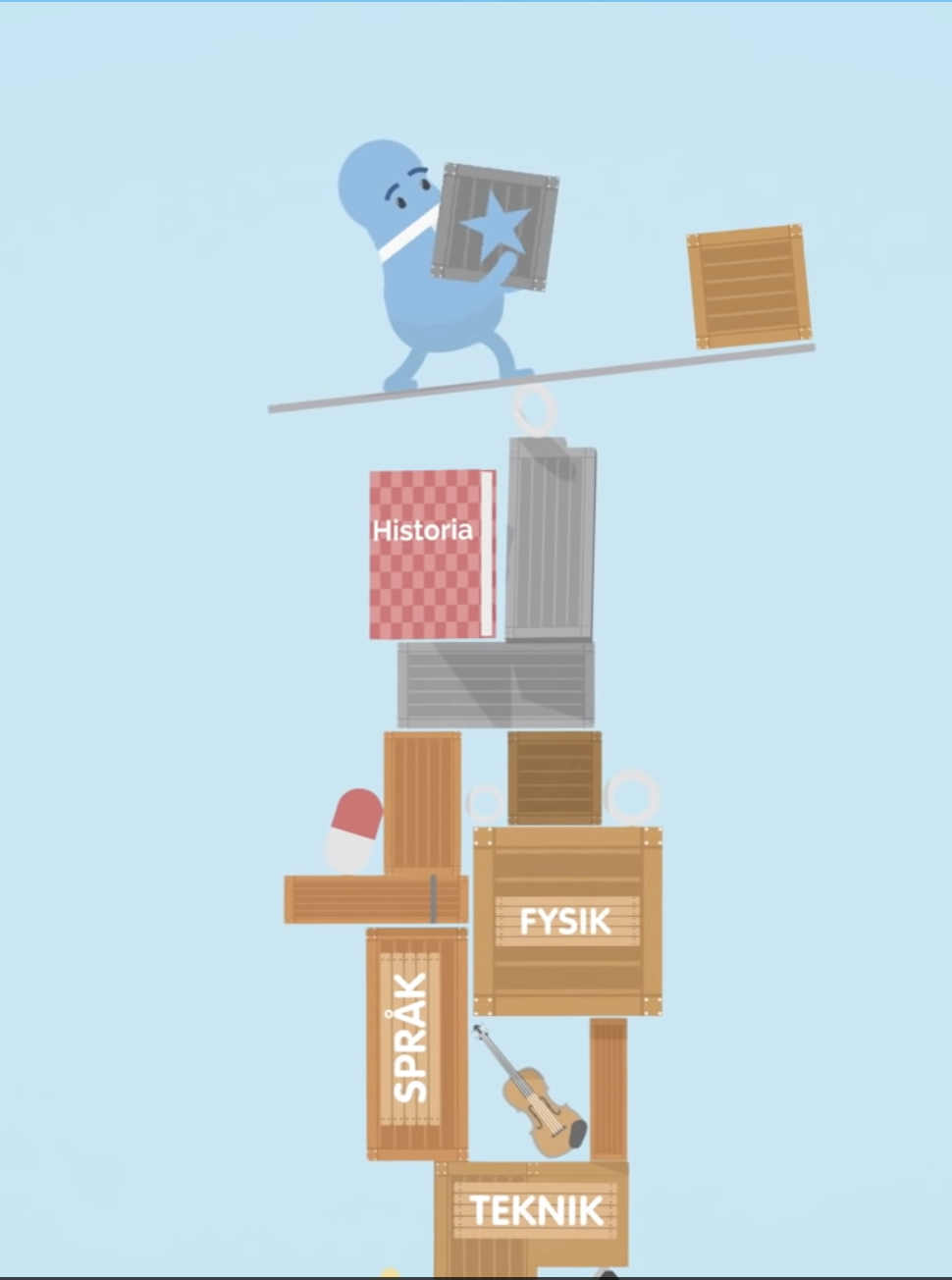Press Release 16th Jan 2012
In three out of four cases, meat is being stored at a higher temperature than the recommended maximum of 4 ° C. This is the finding of new research carried out by over 1,800 Swedish pupils. The pupils were examining their refrigerators as part of the Swedish Researchers’ Night science festival.
Last autumn, young people aged 8 and above from around the country, including students in municipal adult education, measured the temperature in their fridges at home and recorded the best before and use-by dates of their refrigerated food. In a quarter of cases, soft cheese, meatballs and sausages were being stored at higher temperatures than the recommended maximum of 8 ° C and in a fifth of cases the milk was being kept too warm.
“Higher temperatures encourage the growth of bacteria and shorten the life span of food. If food is kept cold instead, it will often still be edible well after the best before date. Vegetables, excluding tomatoes and cucumbers, can often tolerate very low temperatures, preferably closer to 0 ° C. The experiment revealed that most of the vegetables were being kept at around 7 ° C,” said Ingela Marklinder, a lecturer at the Department of Food Science at Uppsala University.
Measurements were taken in six different places inside each refrigerator over three days, and have generated new knowledge about household refrigeration habits. The mean temperature was lowest at the back of the middle shelf and highest at the front of the top shelf.
Pupils also assessed whether the food was still edible and recorded nearly four percent as inedible. The proportion of food past its expiration date was significantly larger than that at just over 11 percent.
“The pupils’ participation in the experiment and all the data that has been collected is incredibly valuable. We hope that this study will result in more people having a better understanding of the different temperatures in their fridges and for them to use their common sense rather than rely purely on the printed dates. It could significantly reduce the amount of food waste, saving both money and the environment,” says Mattias Eriksson, a PhD student at the Department of Energy and Technology at the Swedish University of Agricultural Sciences (SLU).
Mattias Eriksson and Ingela Marklinder developed and carried out the ‘best before experiment’ in collaboration with VA (Public and Science), which coordinates Researchers’ Night in Sweden.
“In addition to creating new knowledge, the aim is to give young people an opportunity to try some research, learn about what it involves and how it affects our daily lives,” says Lotta Tomasson, Project Manager for Researchers’ Night at VA.
The ‘best before experiment’ is part of Researchers’ Night, an annual European science festival. Both the experiment and the festival are run with the support of the European Commission, the Swedish Foundation for Strategic Research, the Swedish Research Council and VINNOVA.
Further information:
www.forskarfredag.se/massexperimet/bastfore/
The report on the experiment (in Swedish only):
www.va.se/2012/01/forskarfredag-bast-fore-forsok/
Please contact:
Mattias Eriksson, PhD student at the Department of Energy and Technology at SLU 070-448 51 80
Ingela Marklinder, Lecturer at the Department of Food Science at Uppsala University, 072-235 25 68
Lotta Tomasson, Project Manager for Researchers’ Night in Sweden, at VA 070-255 38 91, [email protected]
High resolution images:
VA (Public and Science) promotes dialogue and openness between researchers and the public – especially young people. The organisation works to create new forms of dialogue about research. VA is also developing new knowledge on the relationship between research and society through surveys and studies. Its members consist of some 80 organisations, authorities, companies and associations. In addition, it has a number of individual members. For more information visit www.v-a.se/in-english/




